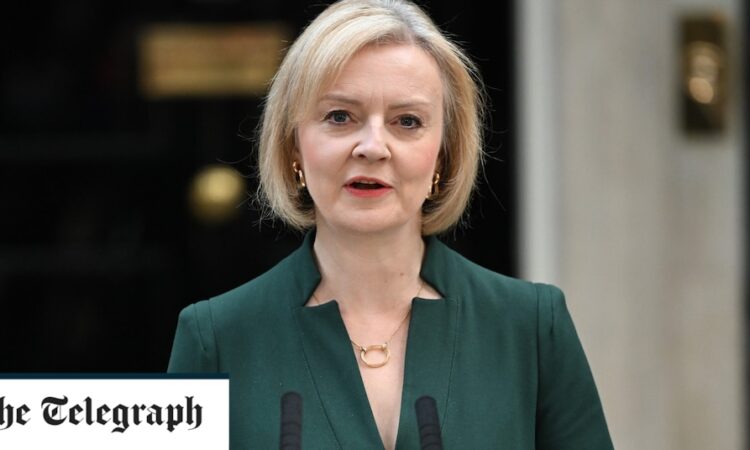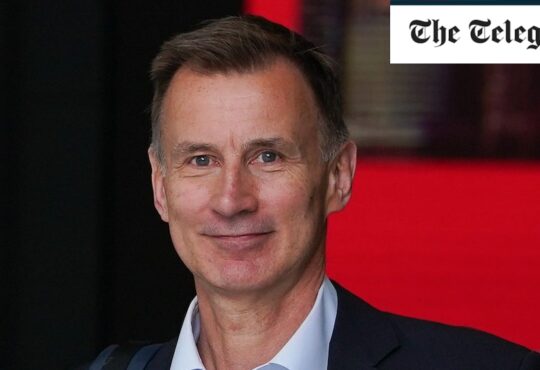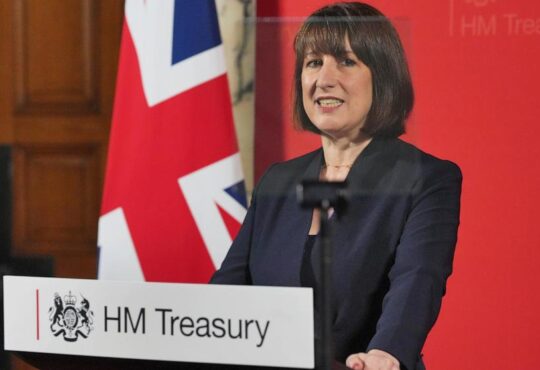
UK borrowing costs surged to levels last reached under Liz Truss’s ill-fated premiership after traders were spooked by unexpectedly strong inflation.
The consumer prices index (CPI) dropped to 8.7pc last month from 10.1pc in March, but the Bank of England had expected a bigger fall to 8.4pc.
Meanwhile, core inflation increased to 6.8pc in April, its highest level since 1992.
Traders now expect interest rates to rise to 5.5pc by the end of the year, up from 4.5pc currently.
Core inflation strips out more volatile elements such as rises in food and drink prices, which stayed near 45-year highs at 19pc.
The data published by the Office for National Statistics (ONS) piles pressure on the Bank of England to raise rates as it signals inflation will remain higher for longer.
It comes a day after the International Monetary Fund warned that the Bank was not finished with taming inflation as it said Britain faced two more years of soaring prices.
The ONS said the cost of rice, flour, pasta, eggs and fruit climbed faster on an annual basis than in March. Bananas, boxed chocolates and vegetables were among other items that drove up inflation last month.
Traders are now certain Threadneedle Street will raise interest rates at the Bank’s next three meetings in June, August and September.
Investors are also betting there is about a 50pc chance of a final rise in November.
Yields on two-year Government gilts, which are most sensitive to interest rates, surged by 27 points to 4.38pc after the inflation data was published.Yields on 10-year UK debt hit 4.35pc at one point, levels not scene since seen last October in the wake of Ms Truss’s disastrous mini-budget.
The upside surprise in inflation also prompted a string of City analysts to tear up their interest rate forecasts.
Bank of America, Nomura, BNP Paribas and Citi are among the investment banks to change their predictions yesterday, with Nomura now forecasting three more rate hikes.
Allan Monks, chief UK economist at JP Morgan, said: “There appears to be a concerning interaction between wages and prices – an upside risk in the Bank’s forecasts – and it should try to get ahead of this with clearer signs in the data that this risk is now crystallising.
“It is important to move quickly given the muted speed of transmission from higher rates into the mortgage market.”
Mr Monks said there was “a good case for the Bank to consider a 50bp [increase] in June”.






